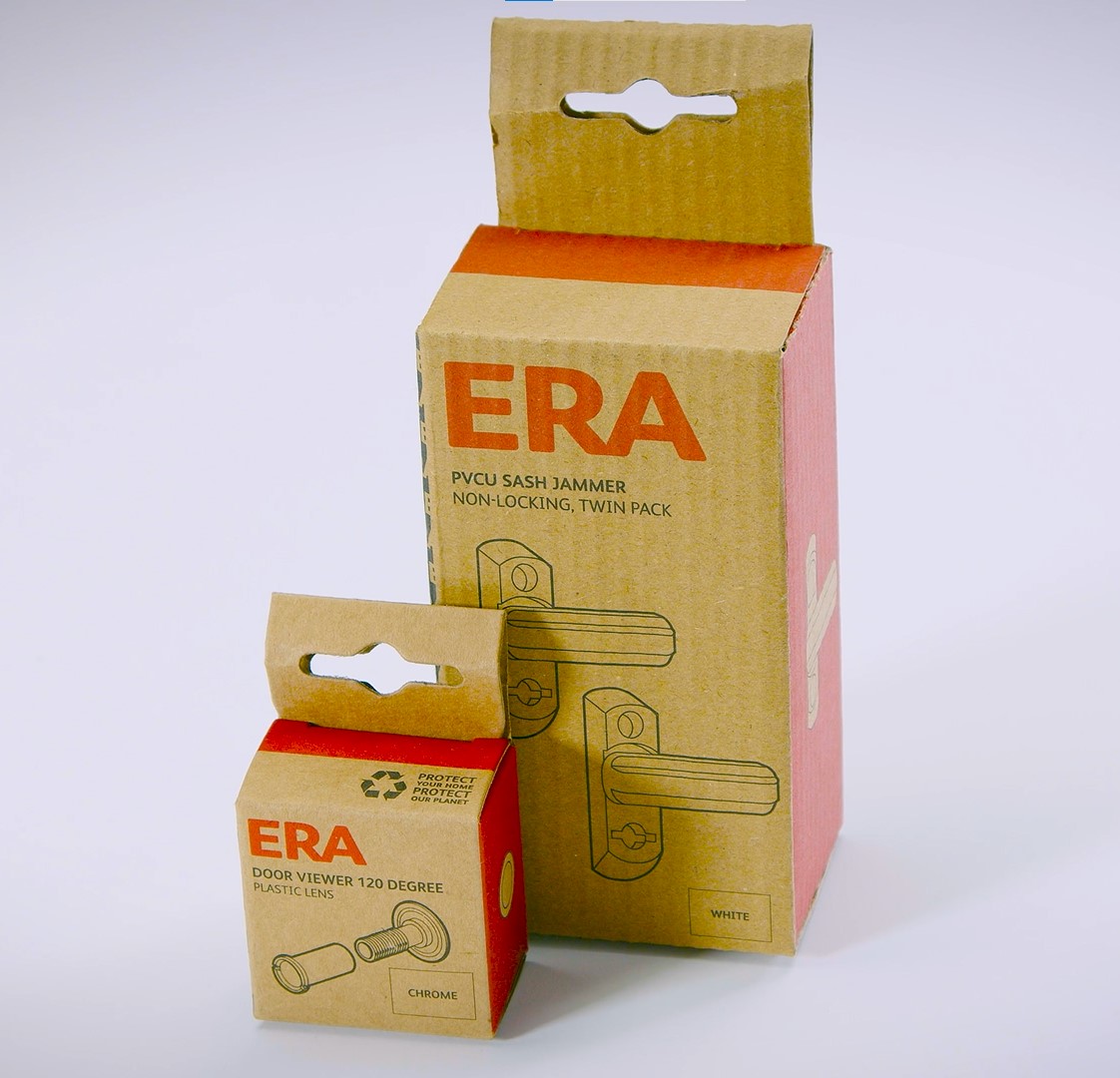Sustainability goals for growth
According to the House of Commons Environmental Audit Committee’s ‘Building to net zero: Costing carbon in construction 2022 – 2023’ report, a quarter of the UK’s greenhouse gas emissions are attributable to the built environment. Considering this, there is no doubt that the construction industry needs to do more to achieve a sustainable future.
The fenestration sector can make a real contribution here and with this in mind, Lara Coutinho, Sustainability Programme Manager at Tyman UK & Ireland, a division of the Tyman group, that includes ERA, discusses why window and door manufacturers should work with suppliers prioritising sustainability.
In today’s world, noting the urgency to protect the planet, commitments to sustainability widely underpin modern business practices and are increasingly expected by customers across the world.
Therefore, aside from the vital mission of improving prospects for the environment, there is a strong business case for window and door manufacturers to put sustainability at the fore and work with partners that do the same. So, what are the benefits of partnering with sustainable suppliers?
Access to innovation
Door and window manufacturers working with suppliers like ERA, which strive to align their products with wider, often global sustainability goals, such as some of the environmentally-focused UN’s Sustainable Development Goals (SDG), are more likely to enjoy access to innovative solutions.
In order to create products that meet sustainable requirements, suppliers are encouraged to imagine new ways of doing business to meet the needs of the consumer, while doing the right thing for the environment. This grants those working with them a competitive advantage, allowing them to be some of the first to access new and innovative products and services.
Keeping up with compliance
Given the urgency to protect the planet, regulations impacting environmental responsibility for businesses are not only fast evolving, but also are subject to stricter penalties; with greater need to demonstrate transparency and accountability than ever before.
Working with suppliers that are ahead of these changes means their partners mitigate the legal and operational risks of non-compliance and will also be the first to know of industry and regulatory changes through shared knowledge.
Opening up investment opportunities
With sustainability at the forefront of the global agenda, not only are governments and customers expecting a suitable response from businesses, but investors are too. Those looking to invest are seeking out companies that are demonstrating a serious commitment to sustainable operations.
Therefore, those businesses that are working with partners to become as environmentally conscious as possible and to develop a sustainable supply chain are likely to be well placed, should they seek investment and funding in the future.

Why Tyman and ERA
In Tyman’s most recent report, the group set out its growth strategy, which confirmed that the group aims to achieve 23% of its revenue from products that positively impact one or more UN Sustainable Development Goals, with an 11% split focused towards products that impact energy saving intiatives.
In 2023, the Science Based Target Initiative (SBTi) validated the Group’s targets to reduce absolute scope 1 and scope 2 Greenhouse Gas (GHG) emissions by 46.2% by 2030 from a 2019 base year and reduce absolute scope 3 GHG emissions from purchased goods and services by 27.5% within the same timeframe.
In addition, this year, ERA and Tyman will be focusing on sustainable packaging options and Environmental Product Declarations across all product ranges.
Finding a supply chain partner like ERA and Tyman that not only aligns their product development with tangible sustainable goals but also its wider strategies too, is a must for manufacturers in 2024, in order to comply with changing regulations and be in a position to appeal to customers who are becoming increasingly concerned with spending with ethical organisations.
